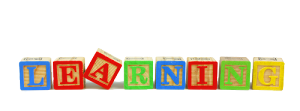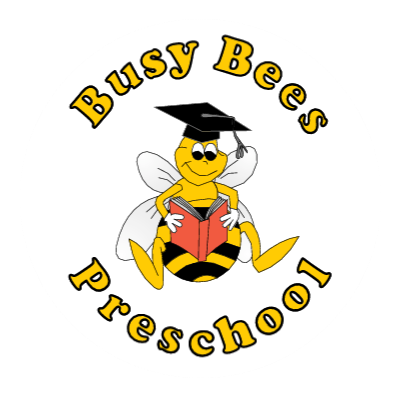Our Children

We believe in developing socially and emotionally competent children.
Children learn best in a safe yet challenging environment, and must feel self-esteem, acceptance,safety and security to ensure mental and emotional growth and learning. We believe in maintaining a positive, supportive and encouraging environment at all times.
We believe in respecting and valuing children as individuals.
There are many forms of knowing, learning, and expressing knowledge. Busy Bees believes each child’s knowledge, experience and skills are valuable, and should be supported. We therefore work hard to ensure the needs of each individual child in our care are met.
We believe in children taking ownership of their learning.
Children are capable and resourceful learners who are active contributors to their own learning. Children should be inspired, motivated and enthusiastic about learning, and be actively involved in the learning process, continually constructing knowledge and their own ideas and view of the world with their classmates, teachers, families and communities.
Our Program
We believe the role of teachers in the education process is to facilitate learning.
Busy Bees believes teachers should act as facilitators, rather than instructors in the classroom. Rather than imparting information unto the children, teachers should guide, question, encourage and generally enable children to form their own conclusions about the world.
We believe in investigative learning and hands-on experiences.
Children most effectively learn by doing – through a hands-on approach to learning with the use of concrete experiences and materials. Similarly, exploration is vital to young children’s learning as it allows them to draw their own conclusions and definitions about the world around them.
We believe learning experiences should be relevant, meaningful and connected.
Busy Bees believes continuity and context when teaching various curriculum areas is of utmost importance. Rather than separating learning experiences into areas such as mathematics and English, learning should cross subject boundaries and be taught in a context that is relevant to the child.
We believe mixed age/ability groups provide an optimal environment for learning.
Children learn effectively through peer scaffolding and when given the opportunity to participate in mixed ability groups. Grouping children this way allows them to observe, emulate and initiate a wide range of competencies. It can also lead to an increase in cooperation and behaviours such as sharing and turn-taking, and the enhancement of children’s motivation and self-confidence through their interactions.
We believe in the importance of free play.
Play is vitally important for a child’s development. Play encourages and refines development across all cognitive, physical and spiritual areas of an individual. We believe play should be self-directed and the child should be in control of the play experience.
Our Families and Community
We believe family involvement is integral to a high quality program.
Parents are the most important and influential adults in children’s lives, and therefore, a joint parent/teacher relationship based on mutual respect is essential to children’s learning. We believe regular communication and parental involvement in the program and preschool events are key in maintaining positive parent/teacher relationships.
We believe diversity should be valued and encouraged.
Our position as an international preschool affords us a unique opportunity to bring international and local families together, and give them an opportunity to develop relationships, share experiences, and create a mutual respect and understanding. Most importantly, it allows our students to gain a unique perspective of the world, where they learn to embrace their own culture, whilst respecting and appreciating others.

